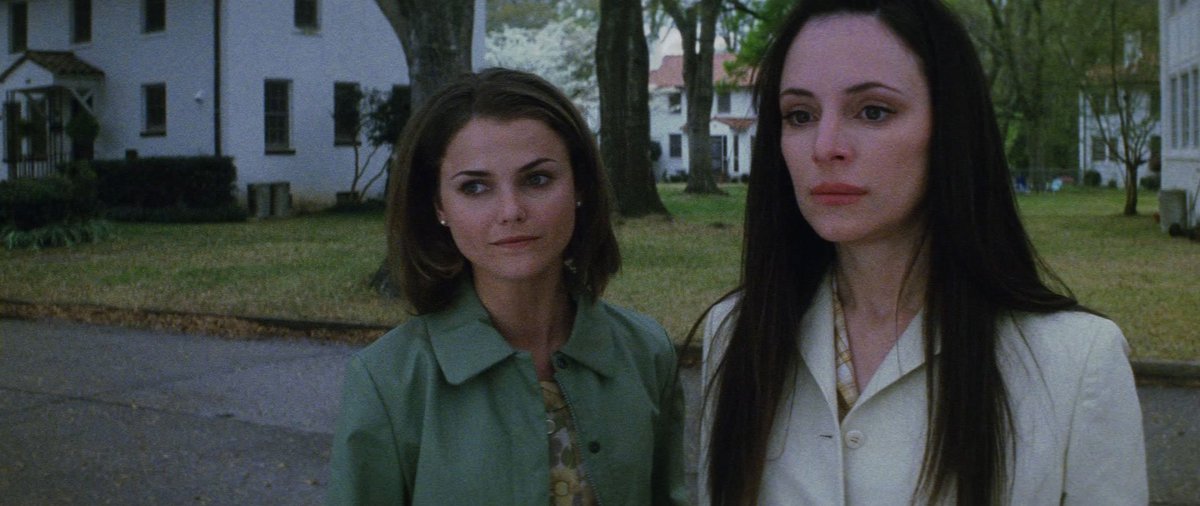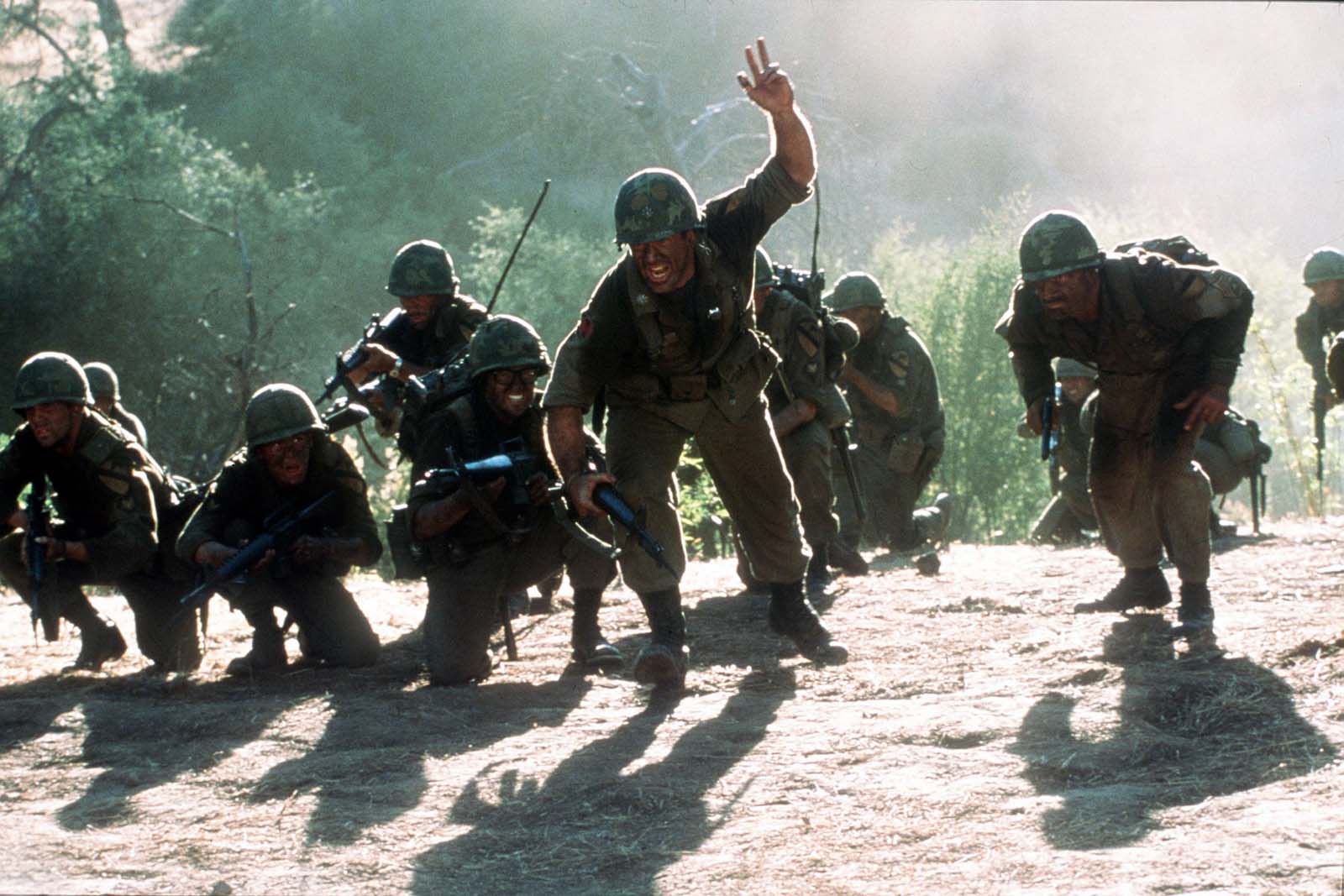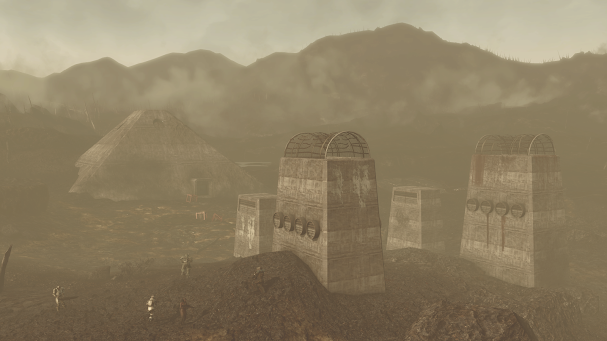The Hidden Hero in We Were Soldiers (2002) is Not A Soldier (spoilers)
Introduction
- Joseph Galloway (Barry Pepper), the reporter, and his struggle when he is forced to take up arms as the Americans get surrounded.
- Bruce Crandall (Greg Kinnear), a helicopter pilot who flew many missions to bring ammunition and supplies to the troops while evacuating the wounded, and his struggle to cope with the situation on the ground.
- Lt. Col. Nguyen Huu An (Duong Don), the leader of the North Vietnamese forces and his reactions during the battle as well as the aftermath.
- A North Vietnamese soldier who is differentiated between the rest by wearing eyeglasses, and his struggle from being away from home with his wife.
- Julie Moore (Madeleine Stowe), Hal Moore's wife, as well as the wives of the other soldiers at home and their struggle to deal with the war.
The Good Side vs. The Bad Side
When training for battle and then facing the enemy, Hal Moore shows care and empathy to his fellow soldiers. Before the battle, he is in church joined by a fellow soldier who just became a father. The soldier asks Moore how he deals with being both a soldier and a father, to which Moore replies, "I hope being good at one makes me better at the other." Then, they pray together. Moore prays to destroy the enemy and watch out for his soldiers.
The North Vietnamese leader similarly expresses gratitude for his fellow soldiers. However, I always found his depiction a little strange, being the enemy. The Vietnam War was a hugely controversial bit of history for the U.S. Ignoring the politics on both sides, the North Vietnamese were fighting a defensive war against a power that was acting outside their sphere of influence. When the Americans finally overrun the North Vietnamese position, a little American flag is placed on a thin broken tree trunk. The North Vietnamese leader revisits the site to see the flag. As he picks it up, he reflects on the future of the war and neatly places the flag back, honoring the outcome of the battle. Hal Moore isn't really shown acknowledging or respecting the enemy, only swearing to kill them.
A perspective that the movie indirectly shows us is the journey of a North Vietnamese soldier with eyeglasses. He is shown writing in a small red book he stores in the pocket of his uniform, but unfortunately he is killed in action. At the end of the battle, an American soldier hands the red book to Hal Moore. Inside is a picture of the Vietnamese soldier's wife, and eventually, the end of the movie shows the book that made its way back home with the wife reading it and grieving her husband. The details about the enemy in We Were Soldiers help humanize them more than depicting them as evil. They feel the same feelings we feel and have the same fears.
The Hidden Hero in We Were Soldiers
The Aftermath
The Battle of Ia Drang was a brutal battle that ended in both sides claiming victory, but the North Vietnamese suffered many more casualties. It helped set the standard for large scale helicopter air assaults during the war, and the North Vietnamese mitigating aerial and artillery attacks by engaging in close range combat. As we may know, the rest of the war was even more brutal and faced heavy backlash from the American public, until the U.S. pulled out of Vietnam in 1975. Julie Moore's depiction in the movie is largely unrecognized compared to Hal Moore and the American soldiers, which is understandable. After the events in the movie, through her efforts, the U.S. Army changed its policy and had uniformed personnel deliver casualty notes, which continues to this day. Julie Moore would go on to lead and support numerous military community support organizations, and the U.S. Army considers her as one of the most influential military wives in U.S. history. While the sacrifices of Hal Moore and the soldiers should not be discredited, Julie Moore's depiction in the movie We Were Soldiers severely underrates her influence. With Hal Moore's interesting one-sided depiction compared to the enemy's respect and bravery, it makes things clearer. Julie Moore is a real hidden hero in the movie, fostering a community and winning the war on the home front to help carry her fellow neighbors.
"The Real Heroes Are Dead."
The discussion about war heroes recalls the story of the six famous U.S. flag raisers at the Battle of Iwo Jima as depicted in Flags of Our Fathers, a 2006 movie directed by Clint Eastwood based on a 2000 book of the same name. The film focuses around three of the soldiers as they work together and with the government to try to figure out who else was part of the flag raising. Hailed as heroes, the soldiers each have their own struggles back home. One of the soldiers says, “I can't take them calling me a hero. All I did was try not to get shot. Some of the things I saw done...things I did...they weren't things to be proud of, you know?”, while another says, “The real heroes are dead on that island.”
The saying, "The real heroes are dead" comes from Lieutenant Rick Rescorla, a British-American veteran who was there at Ia Drang. Hal Moore's book featured Rescorla on the cover. Rescorla refused to read the book or watch the movie adaptation, saying that he did not want to see himself and the other survivors depicted as heroes. "The real heroes are dead," he would say. Later, he worked as director of security for Morgan Stanley at the World Trade Center in New York City, and his methods were credited with saving thousands of civilian lives during the attacks on September 11, 2001. Rescorla unfortunately died trying to save more people before the building collapsed. This article from the New York Times is very in-depth and talks about Rescorla's experiences, including meeting his second wife, his military experience, all the way up to his final moments.
The only true "superheroes" are those depicted in fiction, like Superman or Wonder Woman. We are all human with our own struggles and fears. The real heroes may be dead, but the rest of them receive no recognition.






Interesting take on "We Were Soldiers." I imagine that if Randall Wallace had decided to adapt Hal Moore's book as an HBO miniseries, we might have gotten a more fleshed out version of Julia Moore than we saw in the feature film.
ReplyDeleteWe might also have seen a more complete account of the NVA forces who fought against the 7th Cavalry at Ia Drang. Alas...the limitations forced upon us screenwriters by the almighty running time gods.....
Great idea. I would really like to see something like that because I like seeing things viewed form all different sides. Thanks for stopping by!
Delete